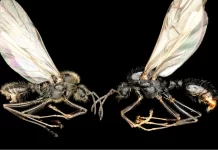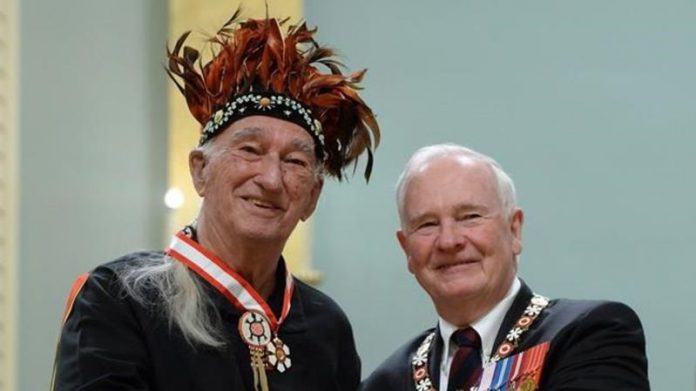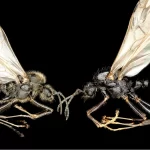Former Grand Chief Magella (Max) Gros-Louis, who championed Indigenous rights for more than 30 years as leader of the Huron-Wendat First Nation, died Saturday in Quebec City at 89.
Grand Chief Rémy Vincent confirmed the news in a statement.
Gros-Louis led the First Nation for a total of 33 years, from 1964 to 1984, from 1987 to 1996 and from 2004 to 2008. According to the Huron-Wendat statement, he worked during that time to increase the size of the nation’s territory, improve its international standing and raise awareness of Canada’s mistreatment of Indigenous people.
Gros-Louis was a founding member of the National Indian Brotherhood, which became the Assembly of First Nations. He served as national vice-chief of the Assembly of First Nations, vice-chief of the North American Assembly of First Nations and vice-chief of the World Assembly of First Nations.
Vincent described him as one of the builders of the nation and said summing up his contributions in a single statement would be difficult. “Grand Chief Oné Onti, on behalf of the Huron-Wendat Nation, we thank you for walking with us and by our side,” he wrote.
Gros-Louis spent the early part of his life fishing, hunting and trapping on the Huron-Wendat First Nation’s traditional lands, according to the CBC, and became known by the Wendat name Oné Onti, which translates as “paddler.”
Ghislain Picard, chief of the Assembly of First Nations of Quebec-Labrador, described Gros-Louis as “a seasoned leader in the defence of First Nations rights” and “a spokesperson for the respect and protection of First Nations’ traditional territories and resources.”
Among Gros-Louis’s numerous awards were the Order of Canada, the Order of Quebec, honours from the Belgian Académie Diplomatique de la Paix , as well as the Legion of Honour and the National Order of Merit from France.
When former Quebec Premier Jean Charest named Gros-Louis to the Order of Quebec in 2011, he said: “Your life was devoted to the defence of your nation and to the promotion of your culture. You were a consensus builder among First Nations. Your legacy is that of the outstretched hand, nation to nation.”
In 2008, Gros-Louis burned sweetgrass to open a ceremony marking Quebec City’s 400th birthday and the official commemoration of Samuel de Champlain’s arrival in Quebec on July 3, 1608. That year he was among Canadian politicians and dignitaries who travelled to France to honour the memory of soldiers who died during the Second World War in Europe.
Leaders of the Innu Nation expressed condolences, highlighting the involvement and contributions of Gros-Louis for the benefit of First Nations. “Anyone who worked with him will remember his personality and his many accomplishments, which have led to the advancement of the cause of First Nations in Quebec, Canada and internationally,” they said in a joint statement.
Condolences for Gros-Louis’s family and tributes flowed Sunday from political leaders including Dominique Anglade, leader of the provincial Liberals; Manon Massé, co-spokesperson of Québec solidaire; Bloc Québécois leader Yves-François Blanchet; Gérard Deltell, Member of Parliament for Louis-Saint-Laurent, and Quebec City mayor Régis Labeaume.
“Quebec lost a leader, a passionate defender of the rights and the the culture of Indigenous nations,” said Premier François Legault. “He contributed to advancing cooperation and respect between our peoples.”
Indigenous Services Minister Marc Miller said: “Canada is mourning the loss of this great builder who advocated for dialogue, respect and harmony.”
Parti Québécois leader Paul St-Pierre-Plamondon said that “the Huron-Wendat nation has lost a great man. The sincere and immeasurable commitment of Max Gros-Louis toward his people was larger than life.”
































